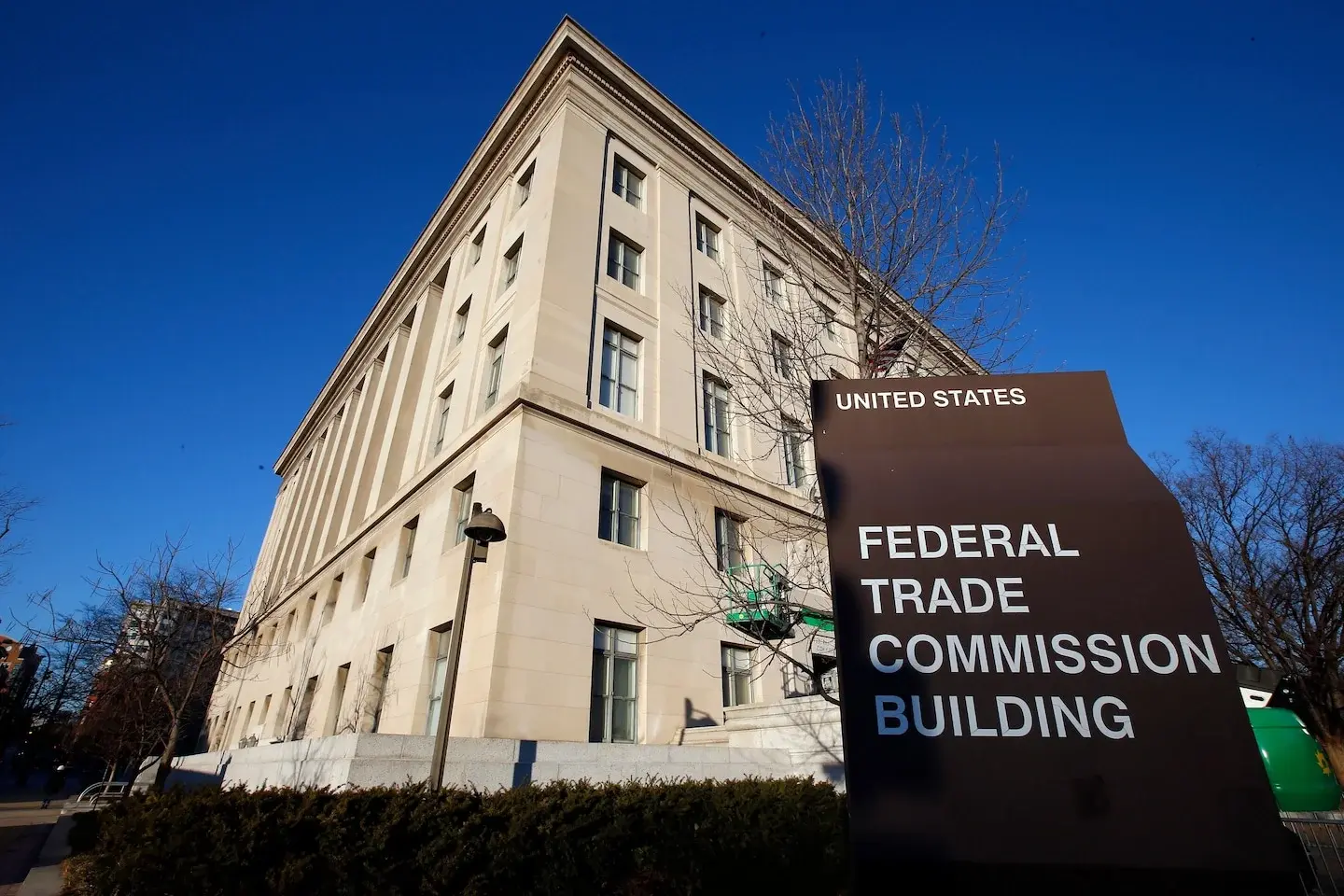Albertsons’ last merger (with Safeway) wreaked enough havoc, especially in towns slightly too large to have an IGA affiliate.

You love to see it. If I could wave my magic wand, I would say, “No mergers for 10 years. This shit is getting out of hand.”
No guarantee this will actually be stymied, but if it isn’t, we’re going to be a few years out from Trump FTC Allows Kroger-Walmart Merger To Proceed.

It’s almost like the endgame of capitalistic acquisition and consolidation into one giant government=business is just a badly drawn, ad hoc implementation of communism.
It does have the effect of never benefiting labour. So New! Improved! Communism! Now with 50% less wages, paid via scrip!
🤖 I’m a bot that provides automatic summaries for articles:
Click here to see the summary
“Kroger’s acquisition of Albertsons would lead to additional grocery price hikes for everyday goods, further exacerbating the financial strain consumers across the country face today,” Henry Liu, director of the FTC’s Bureau of Competition, said in a news release.
While Kroger and Albertsons claim that a merger is the only way to compete with retail giants Amazon and Walmart, state and federal regulators are raising concerns that it would have a ripple effect on communities across the country, from customers to employees to suppliers.
Along with higher prices, the FTC warned it would also “lead to lower quality products and services, while also narrowing consumers’ choices for where to shop for groceries.” There’s a high probability the merged company would shut down stores to avoid duplication in certain communities, a move that would push workers out of jobs, undermine labor unions, remove price competition for local suppliers and in some cases limit vulnerable communities’ access to fresh produce, Bartholomew said.
In the Colorado lawsuit, Attorney General Philip J. Weiser pointed to the company’s lack of experience in running such a large roster of stores and their limited private-label selection — which is increasingly critical to extract higher margins on products while drawing in cost-cutting consumers.
It accused the retail giant of “anticompetitive conduct and alleged violations of the FTC’s divestiture order, attempted monopolization, breach of the purchase agreement … fraud, and unfair competition, among other claims,” the attorney general’s complaint said.
During a November listening session in Denver, FTC Chair Lina Khan and Weiser heard from employees, community members and suppliers, who spoke of the devastating repercussions this merger would have on their livelihoods and down the supply chain.
Saved 73% of original text.


